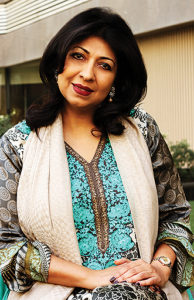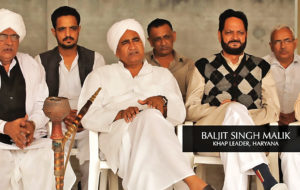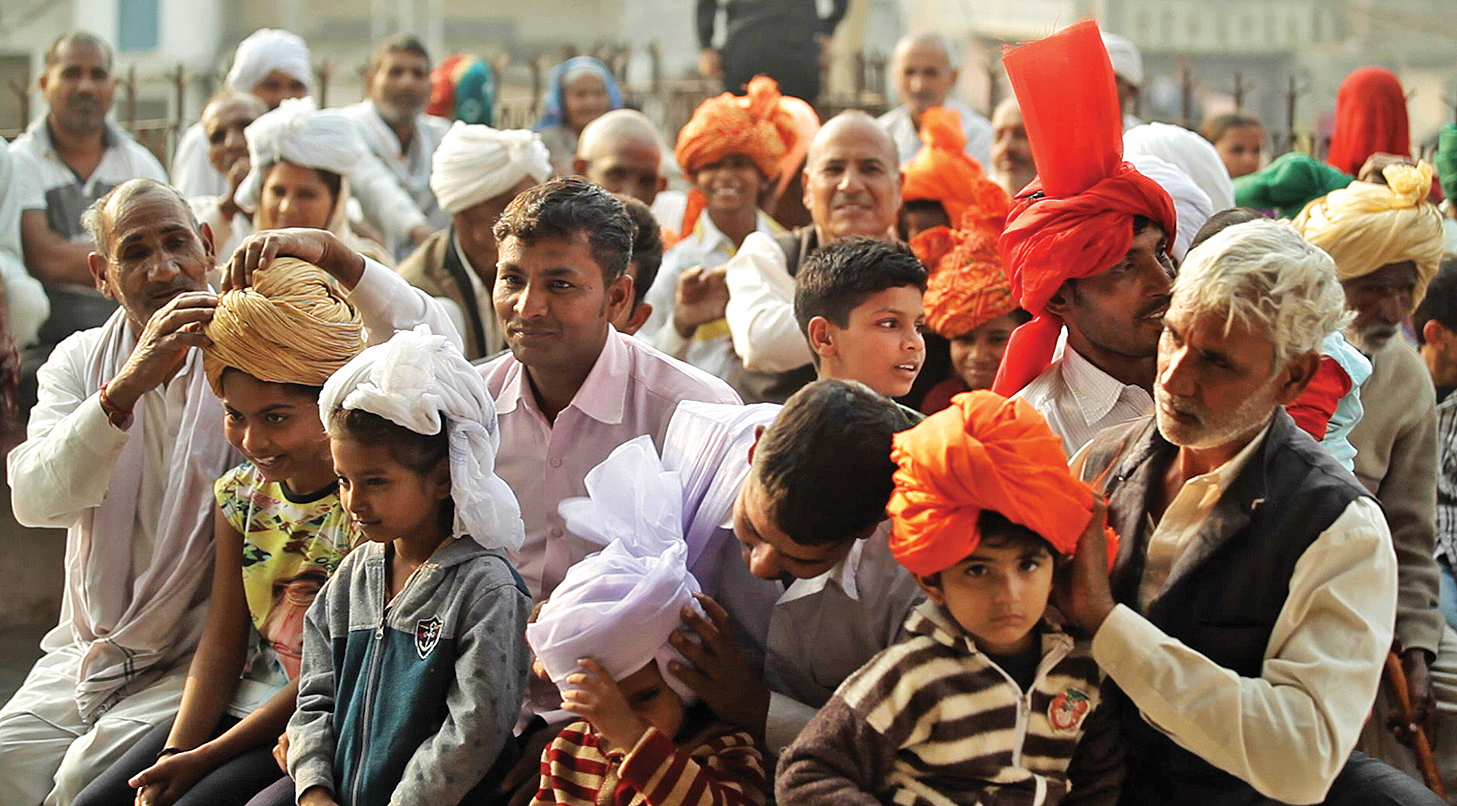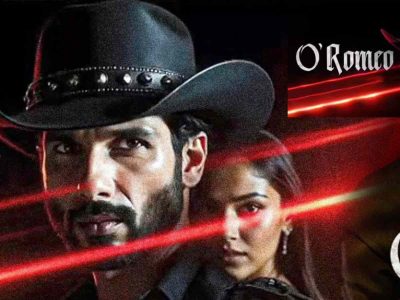The documentary Son Rise by National Award winning filmmaker Vibha Bakshi tells the story of ordinary men from Haryana who stood up for women’s rights
Jitender Chhatar, a farmer, marries Kusum — a survivor of gangrape. Furthermore, he puts his life in danger by fighting relentlessly to put criminals behind bars and get justice for her. This is not a story from a film script, but a real-life incident that took place in Haryana and has been documented on-screen.
Many other men like Jitender share their stories in the heart-warming documentary Son Rise by National Award-winning filmmaker Vibha Bakshi. These men fight for changing the gender narrative in the patriarchal society of Haryana, which has a highly skewed sex ratio and the highest rate of gender-based crimes in the country.

The documentary, shot over a period of two years, follows the story of a bunch of men from different villages of Haryana. Sunil Jaglan, a sarpanch from Bibipur village, is fighting for women to enter local politics in a male-dominated milieu. Folk singer Vikas Haryanvi condemns female foeticide in the state through his music. Virendra Dalal, a women’s wrestling coach, works to create a space for young women to participate in sports. Then there is Baljit Singh Malik — chief of the largest Khap panchayat in India — who is seen raising his voice against gender selective killings.
All these ordinary men take up an extraordinary fight. “They have grown up seeing biases in the seat of patriarchy. Despite this, their mindset changed. If they can see rays of hope from a place like this, then there is hope everywhere,” believes Bakshi. She further adds, “Even after living in metropolitan cities and abroad, I have never come across men like these. Salute to all these heroes of Haryana because they dared to speak up, which takes a lot of courage.”
As a filmmaker, Bakshi has always tried to find hope in even the most disturbing situations. “The issue of gender biases is not only pertinent to Haryana or India, it is a global reality. I am confident that there are many more such men out there,” she says. In a conversation with the Patriot, she talks about her documentary, men’s role in the fight towards gender equality and more.
How did you come up with the story idea for Son Rise?
My previous film Daughters of Mother India dealt with rape and gender violence. People embraced the film and the issue. They felt it is a fight we cannot afford to lose. Then I realised that my responsibility as a filmmaker is to go one step ahead after this. And I wanted to do a film which focuses on men becoming part of the struggle. Also, I realised through my previous film that women are fighting for safety, equality and respect. But it is not just a gender issue, it’s a human rights issue.
I felt it is very important for men to stand in solidarity with women. We decided that we will go to an area which has the most disturbing statistics as far as gender issues are concerned, so we went to Haryana from where I found a lead. A person told me that a farmer in a village nearby had an arranged marriage with a gang-rape survivor. But they did not know his name, or the name of the village.
Through the help of the local police, I found him and that is how I had my first shoot. Then I decided to stay there for a year to find more men like him. We went to around 30-35 villages, and this is how we got our heroes.

What were the challenges you faced while shooting for the film?
The biggest challenge as a woman filmmaker was that I was interviewing only men. It was tough for me, as well as for them. From them, to accept questioning from a woman was very hard, especially in a region like that. But with time, once the trust was established and we both left the prejudices we held, there were honest interviews and everybody in Haryana helped. It was almost like I had become their storyteller. They wanted me to succeed.
Were there any moments where you felt intimated or threatened during the shoot?
Initially, I was afraid to meet the Khap. I had no idea what their reaction or the repercussions will be. I was apprehensive about what they might think, like I will be a bad influence on their women or their society. Or why I am asking these questions. But with time, we were able to establish a rapport. We got the biggest and the most influential Khap leader of India in the film – Baljit Singh Malik.
In the beginning of the film, the Khap chief says that only men take decisions. But at least he was honest and said what he felt. Gradually, we saw a change in his perception as well. He also evolved as a man. If this realisation can come to the biggest Khap leader, then I see a lot of hope.
Is it tough to get funding for socially conscious documentaries?
It is immensely tough. I really hope that more films are made on such issues and more people step up to promote them. I am sure there are so many talented filmmakers out there who are taking up such social issues. These are the films that can finally bring a change in the society.
What message would you like to convey through the film?
The biggest message is when we talk about being a man — who is that ‘real man’? I feel men have no role models to follow. One cannot make him a superstar their role model because their lives are too different. So, when one sees ordinary men doing extraordinary things to change the narrative on gender equality, I hope it inspires them and they can say —‘if he can do it, I can do it too.’ Moreover, change cannot be forced. Realisation should come from within and then only will they realise it. I hope the audience feels the same after watching Son Rise.




